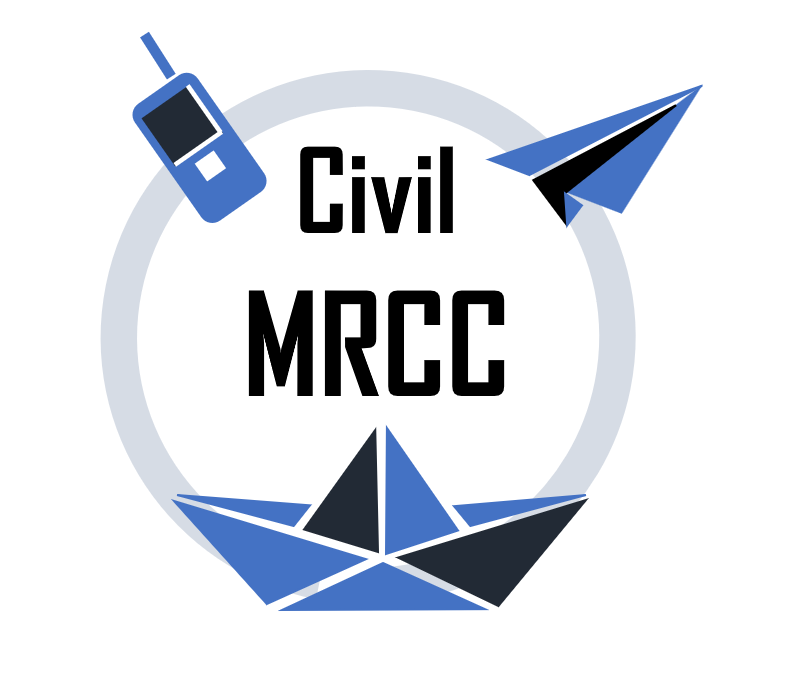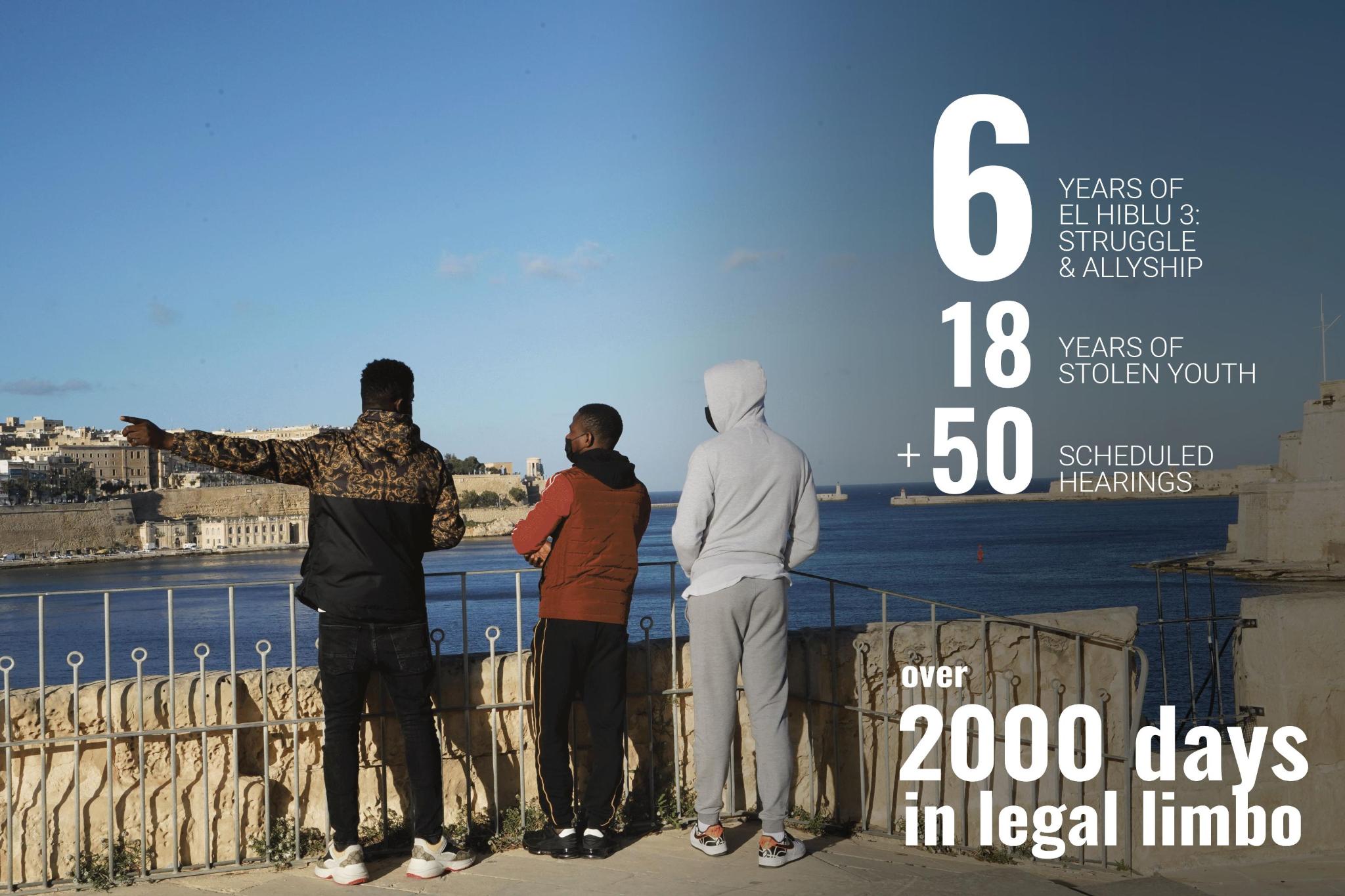By Captain Support & Feminist Autonomous Centre for Research
Why we need this discussion
Across the EU and its member states, migration is constructed as a threat that needs to be defended against. Particular emphasis in this is given to “migrant smuggling,” framed as a global crime that exposes migrants to life-threatening risks. This narrative is tied into the use of humanitarian language by authorities to express concern for “vulnerable migrants” whose life is endangered not through their own policies and actions, but by dangerous actors, namely “smugglers”.
States defend their own border violence by claiming that militarisation and surveillance is necessary not only to protect EU citizens from the constructed threats of migration, but also to protect “vulnerable migrants” from violent criminals. Here, both violence and vulnerability is constructed around racialized and gendered categories and colonial narratives that intersect forms of patriarchal protection/control by the state, as well as with colonial and patronizing fantasies of white saviorism.
NGOs and more humanitarian analyses of border violence that want to challenge border violence are often framed around the protection of people (and particularly women and children) who are again essentialism as “victims,” exploited by violent and profit-seeking smugglers. Initiatives, campaigns and SAR NGOs often address the state by demanding protection for people on the move, and demanding to end their border management agreements with non-European countries which would be the main perpetrators of this violence.
Problems with Smuggling narratives
Whilst these demands acknowledge the lack of rescue, protection and care by EU and national authorities, they also tend to emphasize their responsibility to protect people from “foreign” (often Libyan or Tunisian) actors constructed as violent and outlaws, including coastguards and so-called smuggling networks. This approach “externalizes” the source of violence to non-European actors with a danger of playing the same game that legitimizes EU narratives for stronger border militarisation, and of downplaying how EU’s policies enact racist violence, apartheid, extortion and exploitation of and against people on the move in first place.
Therefore, both the process of criminalization of migration and solidarity, as well as resistance to it by civil society organizations, keeps labeling some actions as benevolent and humanitarian, whilst others as potentially dangerous and deserving of punishment and repression, with a clear divide between Europe as safe and savior, and anything non-European as dangerous and criminal.

Dangers of romanticisation
The word “smuggling people” is often associated with notions of “violence” and “coercion”. Whilst people might encounter violence along their journeys, it is important to keep the focus on the violence and exploitation generated by global inequality and (im)mobility regimes, without minimizing the violence often experienced by people on the move by those facilitating their movement.
Moreover, criminalizing people’s movement and its facilitation creates the conditions under which violence and abuses of power become not just possible, but more likely. It is not the “migrant” condition itself that makes people vulnerable, but its illegalization: forcing people in a state of invisibility and precarity makes them vulnerable to potential exploiters or abusers. Under these conditions, the individuals or groups that are in a position to enable or restrict movement often are among the perpetrators of border violence: not just smugglers, but border guards, police forces, or militias.
Resisting our imaginaries
How can we oppose these twisted narratives and acknowledge that what is defined as smuggling is often related to mutual aid amongst migrant communities and to services that seek to facilitate freedom of movement? How can we avoid fabricating or perpetuating differentiations between figures such as the community organizer, the migrant activist, the boat driver, the sea rescuer, or the lorry driver? How can we resist our inclination towards creating a fake dichotomy between the good European savior who does not deserve criminalisation by EU states, and the allegedly violent non-European facilitator who deserves repression? How can we enact forms of aid and protection “from below” that do not demand the intervention of the same authorities that generate this violence in the first place? For doing so it is important to challenge our imaginaries, to acknowledge how they are informed by privilege and Eurocentric values, as well as to understand the intersections and overlaps of practices named as facilitation, smuggling, and solidarity, rather than reinforcing their differences.
Many of us may be familiar with the legacy of Harriet Tubman, the fierce smuggler, conductor, and guerrilla soldier who facilitated enslaved people’s journeys to freedom across the Underground Railroad. Drawing direct parallels between migration and enslavement is problematic and feeds into narratives of smuggling, coercion, and victimhood that need to be challenged. However, there is much to learn from the practices of resistance against enslavement, racial apartheid, colonial violence, and state oppression that people have put in place throughout history. Practices carried on by people on the move themselves, with their autonomy, their networks and their railroads that might need to remain underground, that need to remain unseen, but not necessarily unacknowledged.
Acknowledging their power in challenging the border regime, rather than taking distance from them, can help to expand our imaginaries and to better link our struggles against border violence with those for the decriminalization of migration and of facilitation.
Captain Support
Web: https://captainsupport.net/ (in progress)
Email:
FB: https://www.facebook.com/CaptainSupportLegalAid
Twitter: @CaptainSupport_
FAC research
Web: Feministresearch.org
Email:
FB: https://www.facebook.com/facresearch
Twitter: @fac_research




